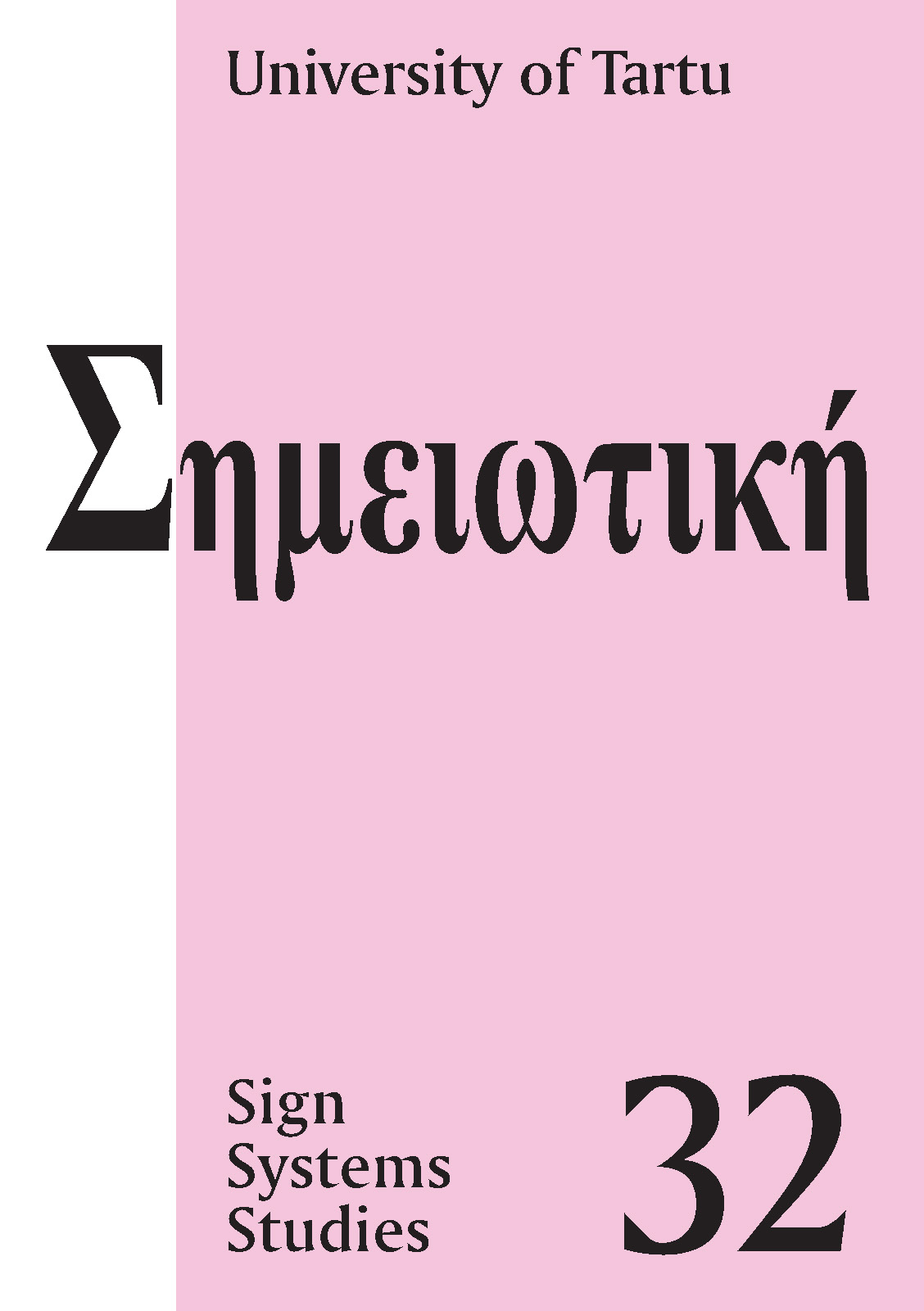Ernst Cassirer’s philosophy of biology
DOI:
https://doi.org/10.12697/SSS.2004.32.1-2.12Abstract
The first part of this essay outlines Cassirer’s philosophy of biology in the context of philosophy of science in the 20th century, giving an overview of Cassirer’s different writings on the philosophy of biology. The second part outlines his treatment of what he took to be the chief philosophical problem in the philosophy of biology: the conflict between mechanism and vitalism. Cassirer interpreted this conflict as a methodological debate, not a metaphysical problem. In Cassirer’s eyes, each point of view is justified within specifics limits. The third part explicates Cassirer’s critique of Darwinism. Although Cassirer was critical of particular conceptions of Darwinian evolution, he did not reject evolution and, in fact, asserted that the concept of emergence was also of far-reaching importance in other fields besides biology. Part four offers concluding remarks about the importance of the philosophy of biology for Cassirer’s general philosophical orientation and for his conception of the tasks of philosophical theory.


